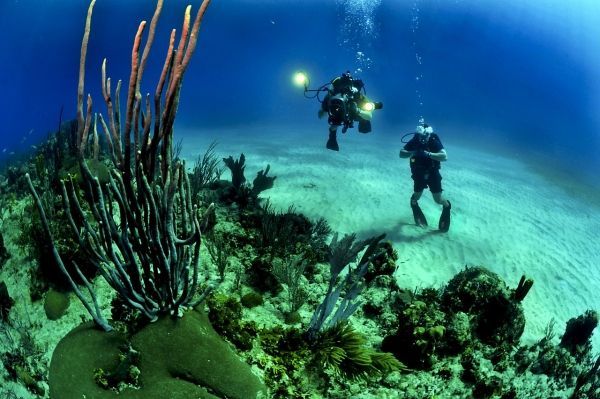More information about the effects human activities have on Southeast Asian coral reefs has been revealed, with researchers looking at how large-scale global pressures, combined with the El Niño Southern Oscillation (ENSO) climate pattern, can detrimentally impact these delicate marine ecosystems.
The research, published in the Nature journal, Scientific Reports, provides the first long-term data on the ENSO-driven synchrony of climate impacts on both terrestrial and marine ecosystems in northern Borneo. Researchers analysed coral reef samples to learn about regional environmental changes, including changes that have occurred during the last few decades.
Lead Australian researcher Dr Nicola Browne, a coral ecologist from the School of Molecular and Life Sciences at Curtin University, said that over the past 40 years, nearly all of Southeast Asia’s marine coastal ecosystems have experienced intense pressures, due to large-scale economic development, urbanisation and deforestation.
“The ways that humans use the land can severely impact soil contents and soil erosion patterns, which then discharge sediments into freshwater systems and nearby marine environments, ultimately altering the water quality on coral reefs,” Dr Browne said.
Read more at Curtin University
Photo Credit: skeeze via Pixabay


